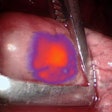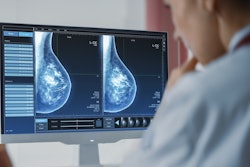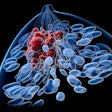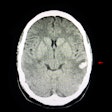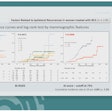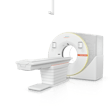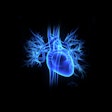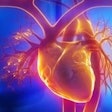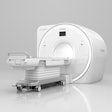More in Home
Functional MRI reveals brain changes caused by opioid use
December 10, 2024
Late-stage breast cancer incidence increasing in U.S. women
December 10, 2024
Top 25 articles from AuntMinnie.com’s RSNA 2024 RADcast
December 9, 2024
Shutting down angio systems reduces environmental impact
December 9, 2024
Florida radiologist accused of missing an aneurysm on a scan
December 9, 2024
AI scoring predicts DCIS recurrence
December 9, 2024
Convolutional neural network improves coronary CTA
December 6, 2024
New SPECT-based coronary risk score developed for women
December 6, 2024
Canon features new MRI scanner, AI, CT enhancements at RSNA 2024
December 6, 2024







